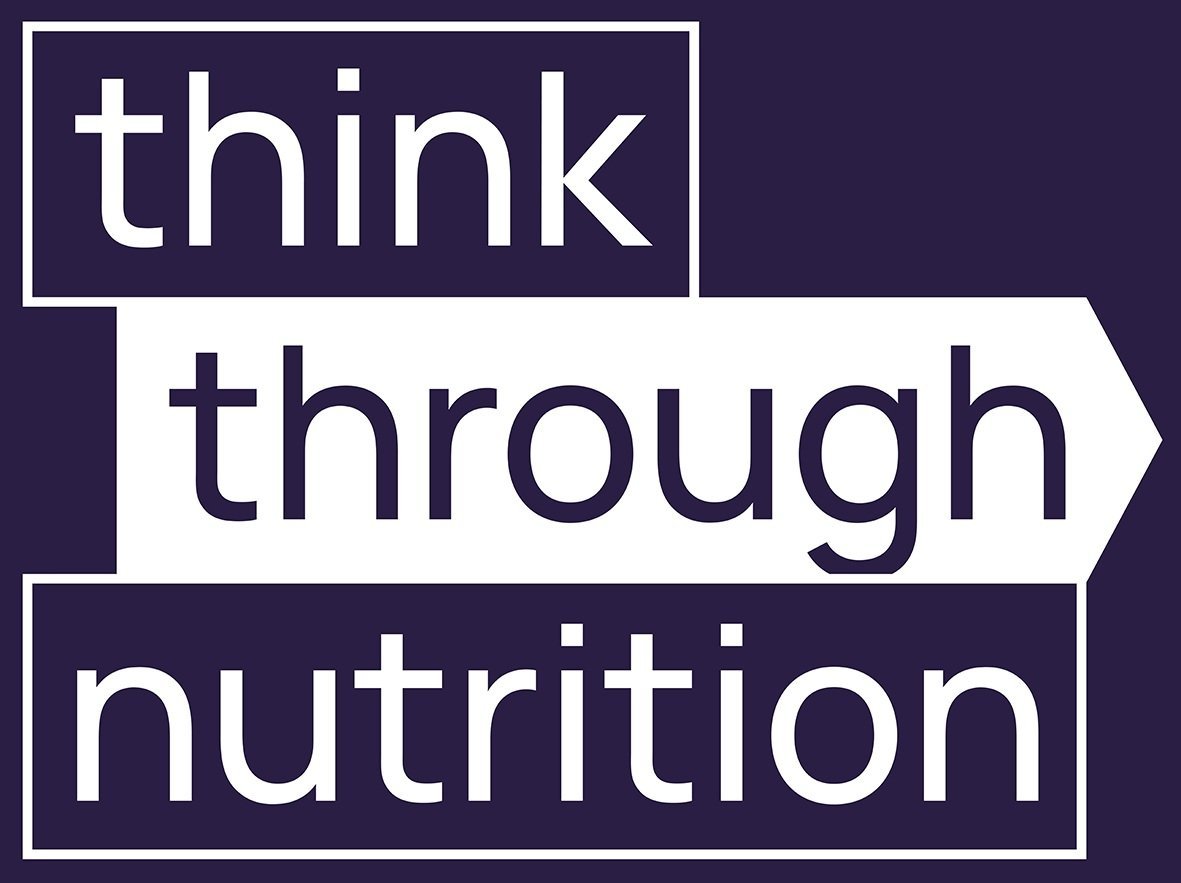Infant Gut Microbiota Associated with Fine Motor Skills
Publication date
14 May 2021
Authors
Inmaculada Acuña
Tomás Cerdó
Alicia Ruiz
Francisco J. Torres-Espínola
Ana López-Moreno
Margarita Aguilera
Antonio Suárez
Cristina Campoy
The Publication
During infancy there are key processes that take place to set one up for life. Gut microbial colonisation and the refining of neural networks that are responsible for behaviour characteristics are two biological processes that occur concurrently. The formation of the gut microbiota starts at birth with the majority of the bacteria from the species Actinobacteria and Proteobacteria. As the microbial populations gradually shift, this coincides with a period of synaptogenesis and pruning of cerebral cortex. These two processes are intimately connected. Thus altering the intestinal microbiota during infancy can mitigate anxiety and depression-related behaviours. This study investigated whether gut microbiota are associated with infant neurodevelopment in healthy infants.
Gene sequencing was used to examine associations between gut microbiota and neurodevelopmental outcomes. Results showed an association between enterotypes and specific genera with fine motor activity. This may lead to the development of probiotic interventions in childhood to colonise the gut with beneficial bacteria.
Our Response
An increasing amount of evidence is showing associations between gut microbiota, brain development, neurological outcomes and disorders, which impact long term changes in behaviour. This demonstration of the gut-brain axis connection emphasises again how what we eat, which influences microbial populations, affects our behaviour.

